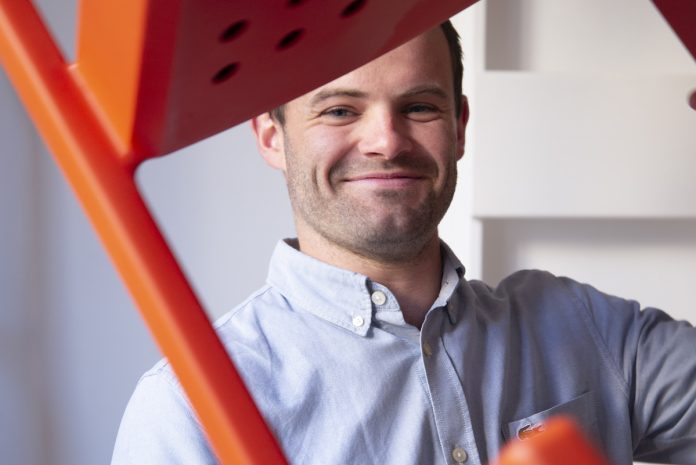Practical, decorative, evocative, intelligently designed and implemented, based on a sustainable approach: these are the winning ideas of the Pure Talents Contest 2022, the competition organized by imm cologne to encourage young talents.
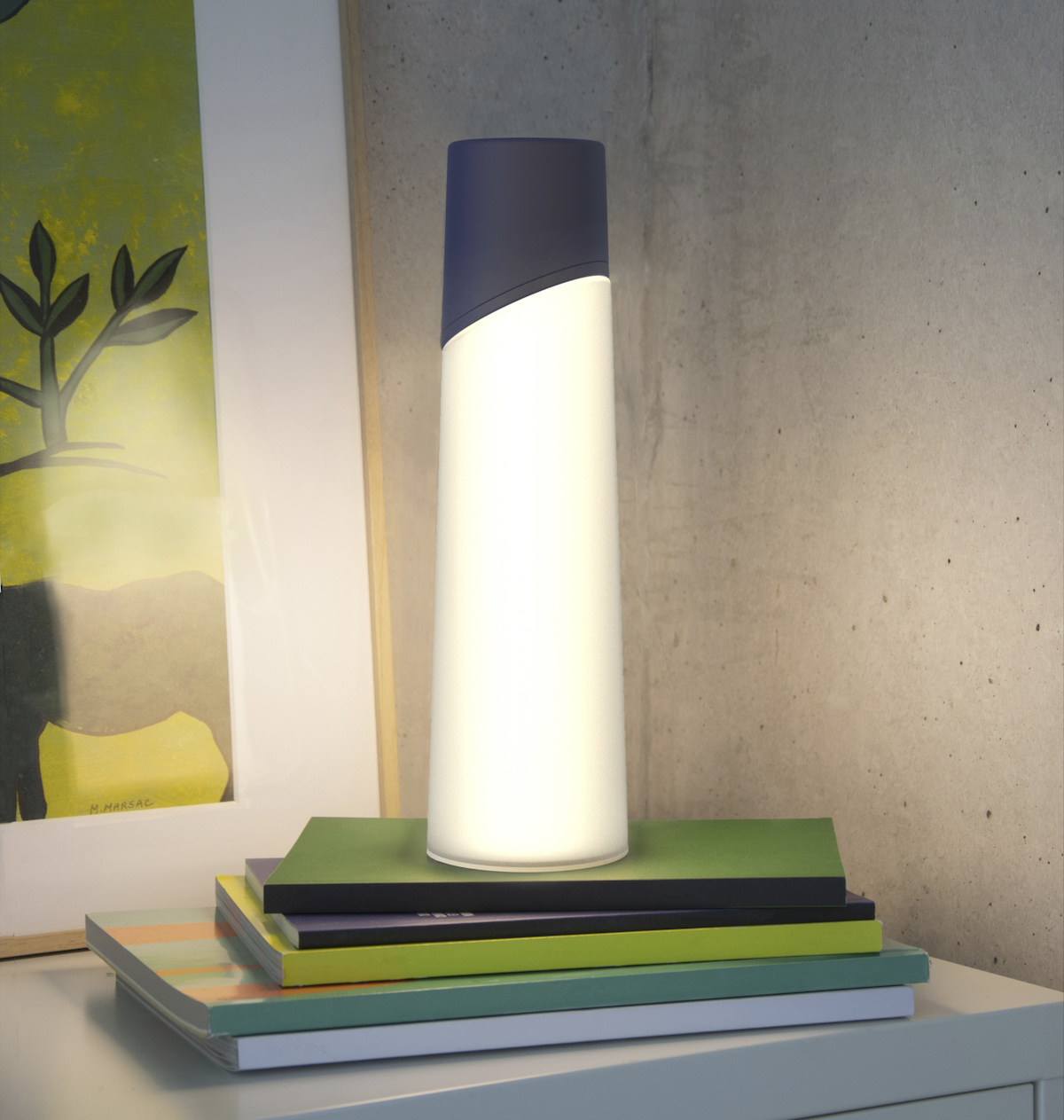
First place on the platform went to Stéfanie Kay, a French-English designer, with the lamp Helia, a multifunctional table lamp: an appealing, simple, conical form which the user can convert from ambient to spot lighting for reading, in a simple, self-explanatory gesture.
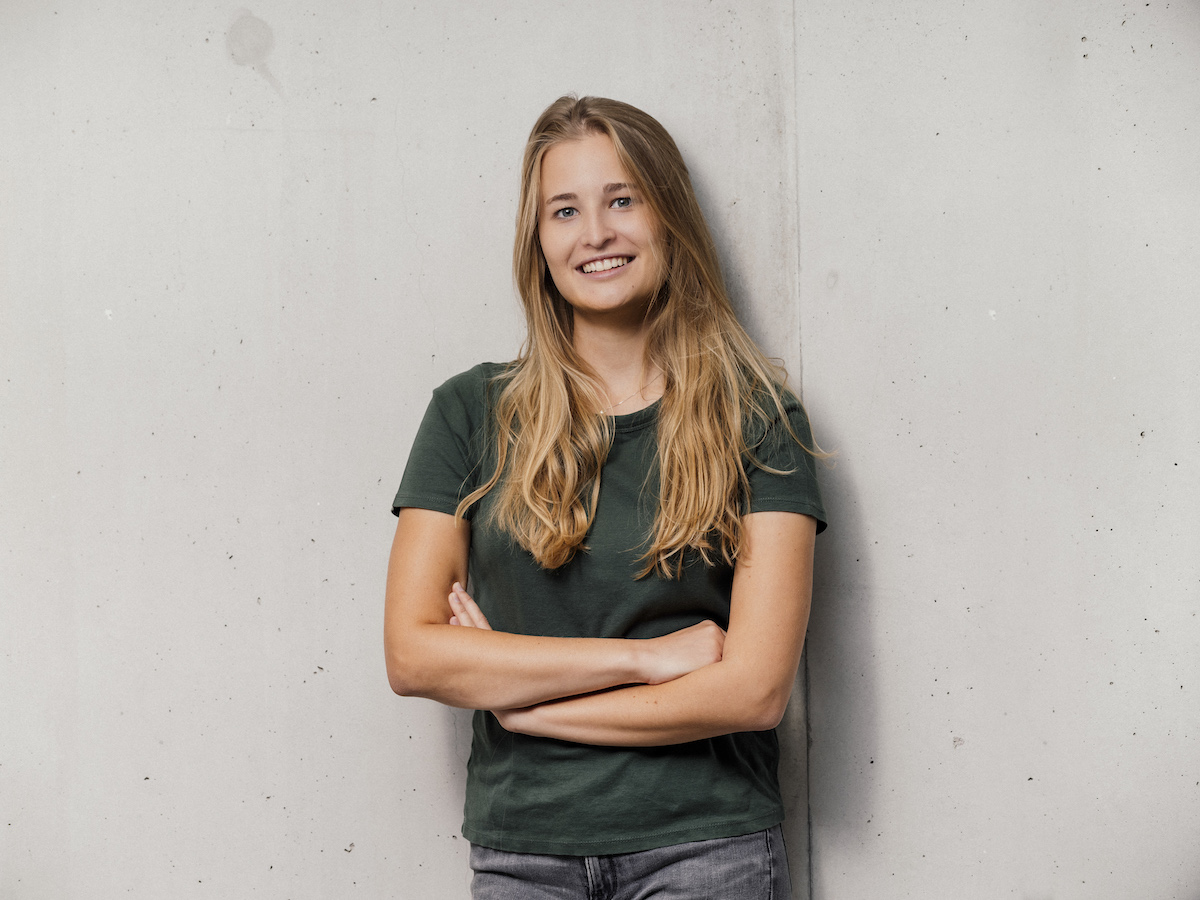
“A minimalist lamp with different stages of lighting,” says the designer Marcel Besau, a member of the jury together with designer Sebastian Herkner, Norbert Ruf, creative director and CEO of Thonet GmbH, and Jennifer Reaves, CEO of DesignFest GmbH.
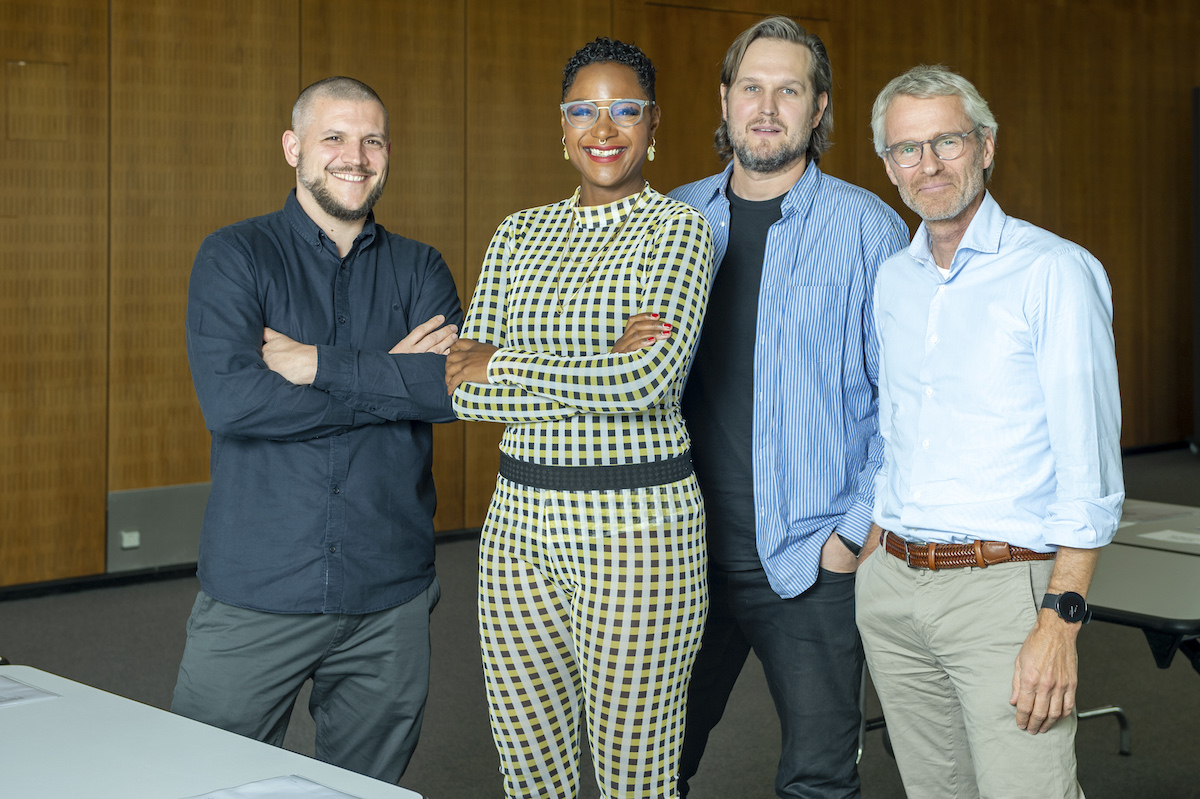
Second place was for the Egyptian designer Rania Elkalla with Pebbles, a decorative object for walls, between a collectible and a work of wall art, with a small compartment on the back for keys, lipstick, jewelry or coins.
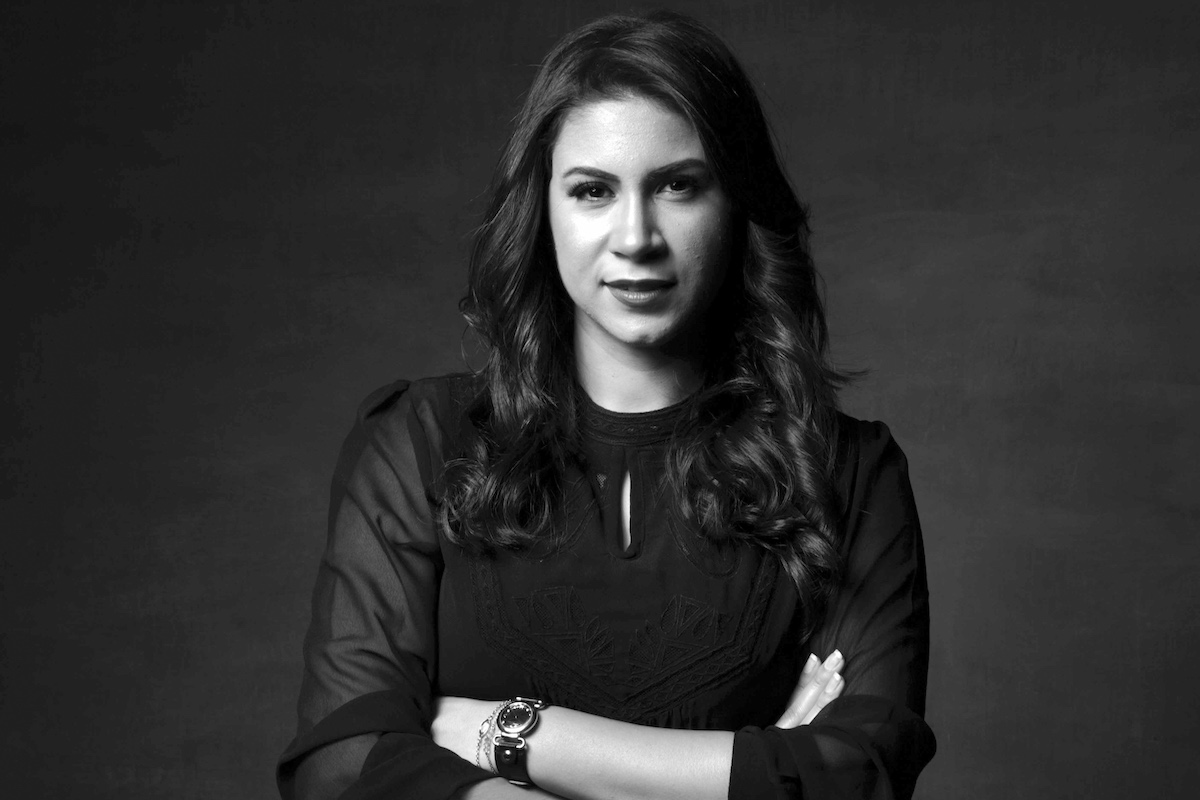
“Besides offering a storage function, the arrangement of multiple elements translates into an attractive wall decoration with spontaneous charm,” said Jennifer Reaves. The material aspect of Pebbles was important for the jury’s decision: the furnishing complement is sustainable, made with waste from eggs and nutshells, an ecological mixture with an intriguing mineral-like texture.
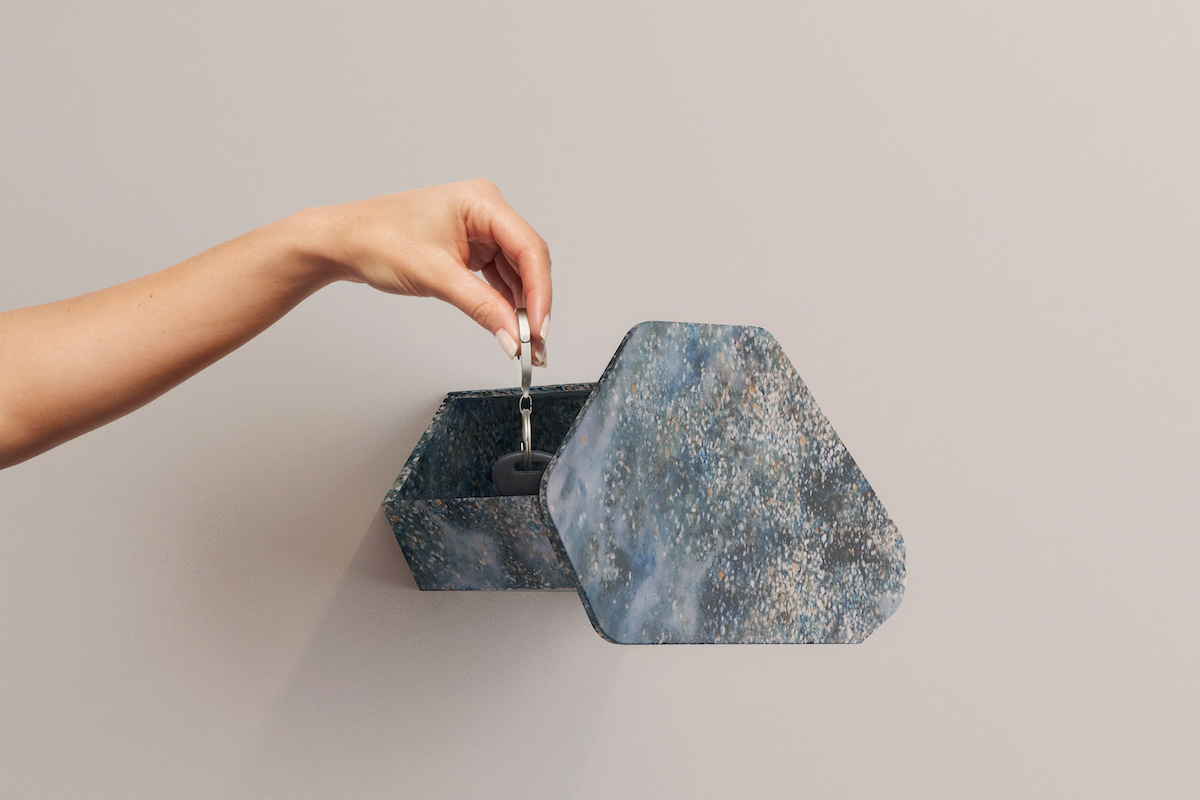
Finally, third prize was assigned to the French designer François Lafortune for Clap, a sturdy stackable chair that can be placed on tables during floor cleaning, equipped with an object compartment under lock and key below the folding seat.
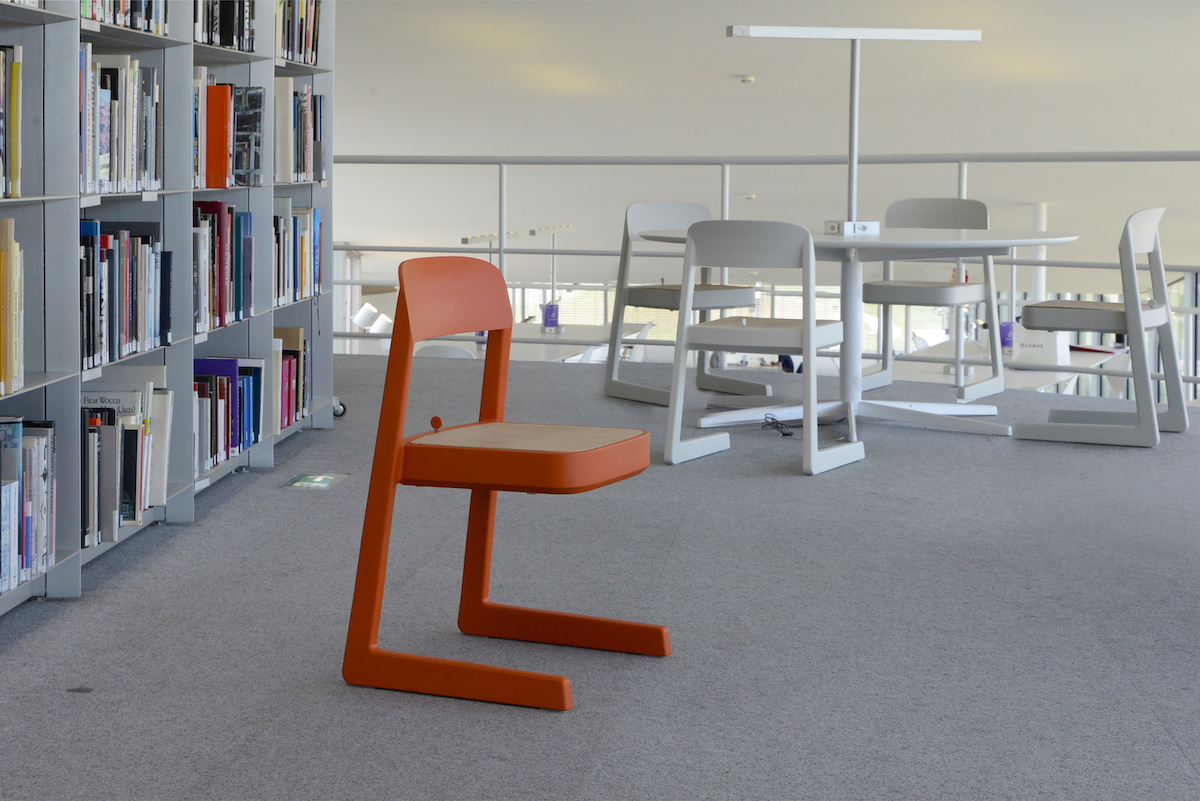
A solution that can be used as public seating with a space for private storage: “The chair links back to a furniture type that is very familiar in scholastic contexts, approached in a very elegant way, in both the design and in the details,” according to Norbert Ruf, who adds: “The aesthetic qualities of the project are capable of tempering its scholastic character; as a result, the chair is also suitable for co-working facilities or private contexts.”

